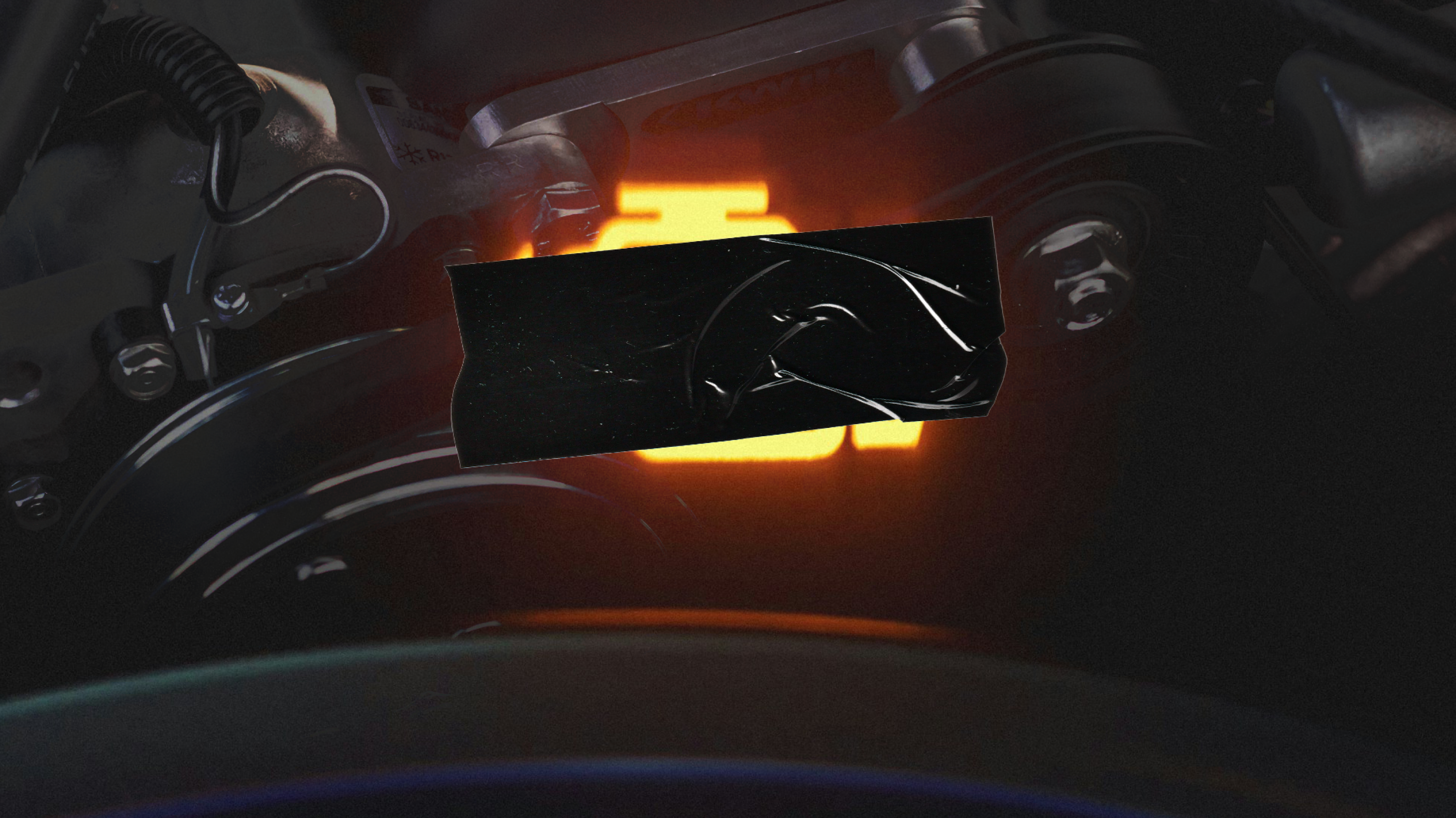
They might not have the greatest public image, but in tough times, most banks will work with you should you find yourself without an income and unable to service your car loan.
Banks will often exercise flexibility when borrowers encounter hardship and, according to the Australian Banking Association (ABA), they’re being particularly benevolent to people suffering financial difficulty as a result of the current economic slowdown, as well as the recent bushfire and flood disasters across the country.
Can banks really help with my car loan?
If you find yourself unable to make car-loan repayments, it’s best to get in touch with your bank as soon as possible and while you still have several options available.
This goes with other organisations should you have trouble paying things like car insurance and your gas bill. Remember, it never hurts to ask.
Any alternative loan repayment arrangements will depend on your personal circumstances and financial situation. According to the ABA, some of your options may include:
- Freezing loans in exceptional circumstances, such as after an emergency event or natural disaster
- Deferring or reducing loan repayments
- Restructuring and consolidating loans
- Altering loan repayments to interest-only
- Waiving certain fees and charges
- Waiving penalties for early withdrawal of a term deposit
- Providing a moratorium on collections action
- Providing alternative banking arrangements.
This is done on a case-by-case on compassionate grounds and depends on individual circumstances, the likelihood of being able to re-continue payments, hardships beyond your control, and the bank’s own commercial considerations.
What do I say when I call my bank?
Before calling the financial institution it’s best to do assess your circumstances and finances to see what you can afford to repay and for how long.

Make a budget taking into consideration other important living expenses. The banks will likely ask you about your costs, so make a list your various bills and expenses before you go in. Have your account details with that bank available too.
When calling your lender, ask to speak to the financial hardship team. Sometimes their contact details are a little hard to find, but the ABA has a handy list of hardship assistance contacts for Australia’s major financial institutions.
Be open and honest about your situation so they can determine if or how they can help – you’re more likely to get a compassionate hearing too.
What if the bank won’t help?
If you’re not satisfied with the support your bank has provided, you’ve got the right to lodge a complaint with your bank and with the Australian Financial Complaints Authority.
For further assistance, you can try the National Debt Helpline, which offers free financial counselling.




